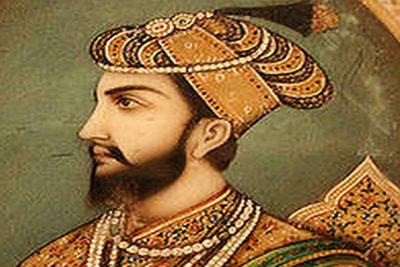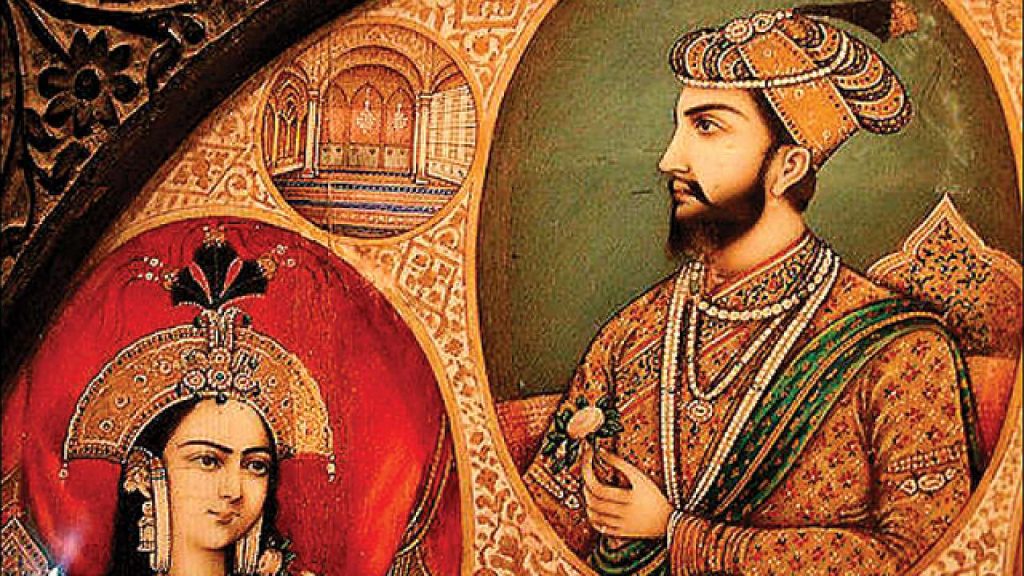
- Muhammed bin Tughlaq was a 14th century Sultan of the Delhi Sultanate in India, who ruled from 1325 to 1351.
- He was the son of the founder of the Delhi Sultanate “Ghiyas-ud-din Tughlaq”.
- He is remembered for his attempts at administrative reforms, which were ultimately not successful.
- Muhammed bin Tughlaq came to power after a dispute over succession among his father’s sons.
- He was known for his military campaigns, which extended his empire from the Indus River to Bengal and from Afghanistan to Deccan.
- His reforms included the introduction of token currency, the shift of the capital from Delhi to Daulatabad and the taxation policies.
- He was an ambitious and innovative ruler, but his reforms ultimately failed.
- His token currency was widely rejected, his taxation policies were unsucccessful,and his capital shift resulted in costly and unsuccessful military campaigns.
- His failure to implement successful reforms led to his fall offin power.
- He died in 1351.
- He Tughlaq left a mark on Indian history and is remembered as a ruler who attempted to introduce reforms but failed due to his own inability to implement them in a successful manner.
- His legacy is one of both ambition and failure.

muhammad, muhamad, tuglak, tughlak, thuglaq
